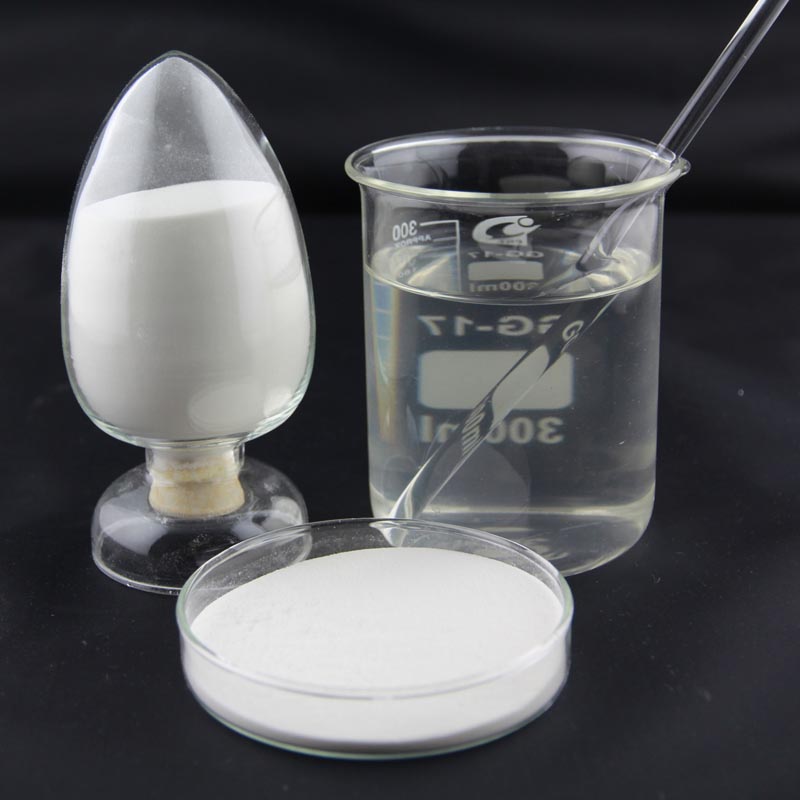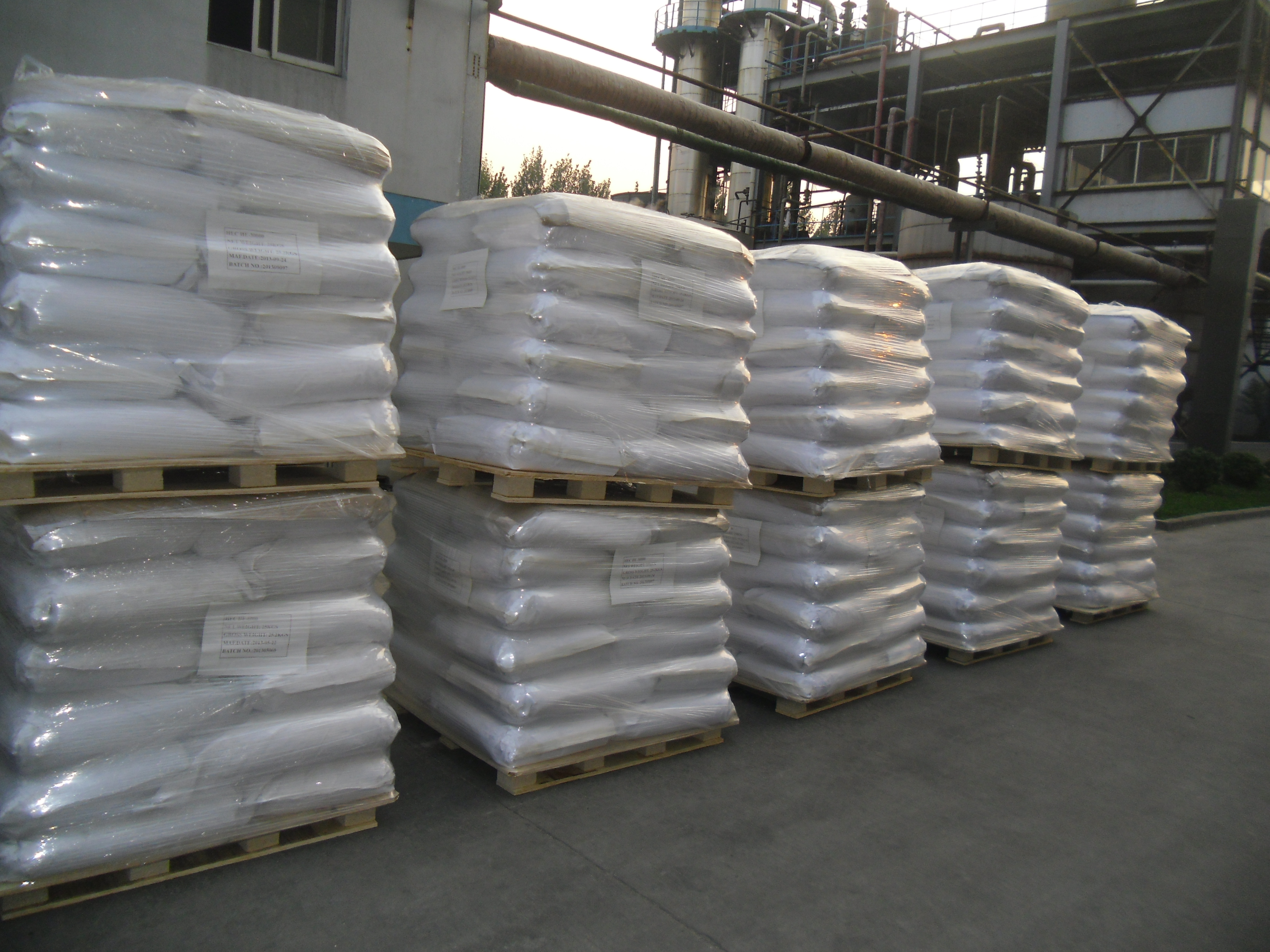HPMC – Dry mix mortar additive
introduce:
Dry mix mortar is an important component of modern construction and consists of a mixture of cement, sand and additives. These additives play a key role in determining the characteristics and performance of the mortar. Hydroxypropyl methylcellulose (HPMC) is one such additive that has attracted much attention.
Learn about HPMC:
Hydroxypropylmethylcellulose (HPMC) is a multifunctional, nonionic cellulose ether derived from natural polymers, primarily plant fibers. HPMC with different degrees of substitution were produced through a series of chemical modifications involving cellulose, propylene oxide, and methyl chloride. This versatile polymer offers a wide range of functionality in construction applications, making it a first choice for dry mix mortar formulations.

Key features of HPMC:
Water Retention: HPMC enhances the water retention of dry mix mortar, preventing premature drying and ensuring the cement has sufficient time to properly hydrate. This property is essential to achieve optimal strength and durability of the final building material.
Thickening ability: HPMC acts as a thickener in mortar to improve workability and sag resistance. This ensures that the mortar adheres effectively to vertical surfaces without collapsing or dripping during construction.
Setting time control: The addition of HPMC can accurately control the setting time of dry mixed mortar. This is particularly beneficial for construction projects with specific time constraints and can be applied efficiently and promptly.
Improved adhesion: HPMC helps enhance adhesion between mortar and various substrates, thereby improving bond strength and durability of the finished structure.
Application of HPMC in dry mixed mortar:
Tile Adhesives: HPMC is widely used in tile adhesives to improve water retention, workability and adhesion. It ensures that the adhesive remains consistent, allowing for correct tile placement and minimizing the risk of bond failure.
Plastering Mortar: In plastering mortar formulations, HPMC enhances water retention, workability and adhesion for a smoother, more durable finish. It also helps resist cracking and improves the overall integrity of the stucco.
Self-leveling compounds: HPMC plays a vital role in self-leveling compounds, helping to retain water, control viscosity and prevent settling. This ensures an even and level surface, making it ideal for flooring applications.
Masonry Mortars: The use of HPMC in masonry mortars improves workability, water retention and bond strength. This is particularly valuable in applications where the mortar is subjected to various environmental conditions.

Advantages of HPMC in dry mix mortar:
Sustainability: HPMC is derived from renewable plant sources, contributing to the sustainability of building materials. Its use can be consistent with green building practices and environmental considerations.
Enhanced performance: The addition of HPMC can improve the workability, adhesion and durability of dry-mix mortar. This, in turn, results in excellent performance and longevity of the construction elements.
Versatility: HPMC is compatible with a variety of formulations and construction materials, making it a versatile additive for a variety of dry-mix mortar applications.
Quality Control: The use of HPMC allows precise control of key properties such as setting time, water retention and viscosity. This facilitates stable, high-quality mortar production, which is crucial for construction projects.
in conclusion:
Hydroxypropyl methylcellulose (HPMC) stands out as a key additive in the dry-mix mortar sector, offering several advantages for construction applications. From improving constructability and adhesion to achieving sustainability goals, HPMC plays a key role in shaping the performance and characteristics of modern construction materials. As the construction industry continues to evolve, the use of advanced additives such as HPMC is becoming increasingly important to achieve superior results in terms of efficiency and sustainability.
